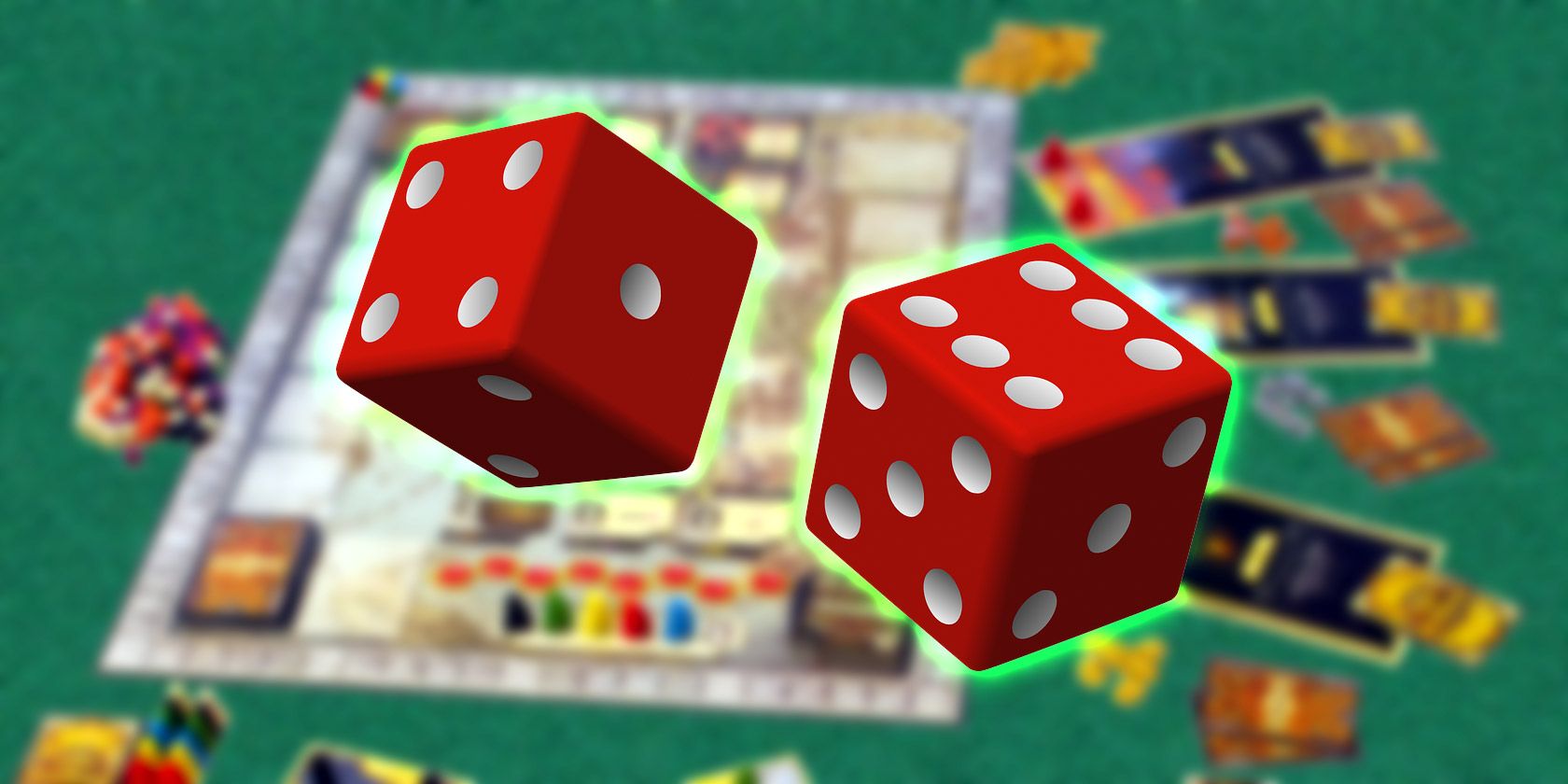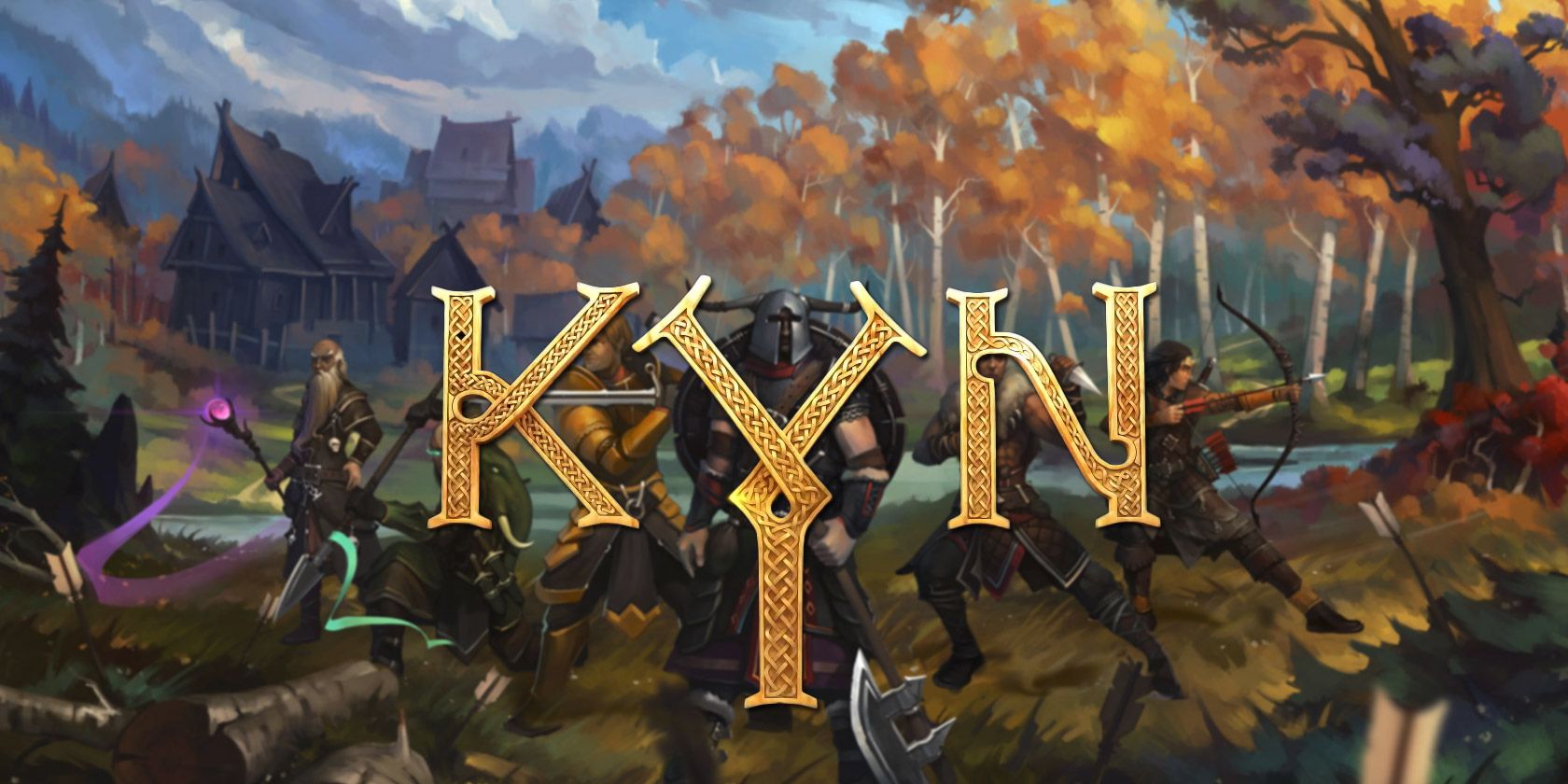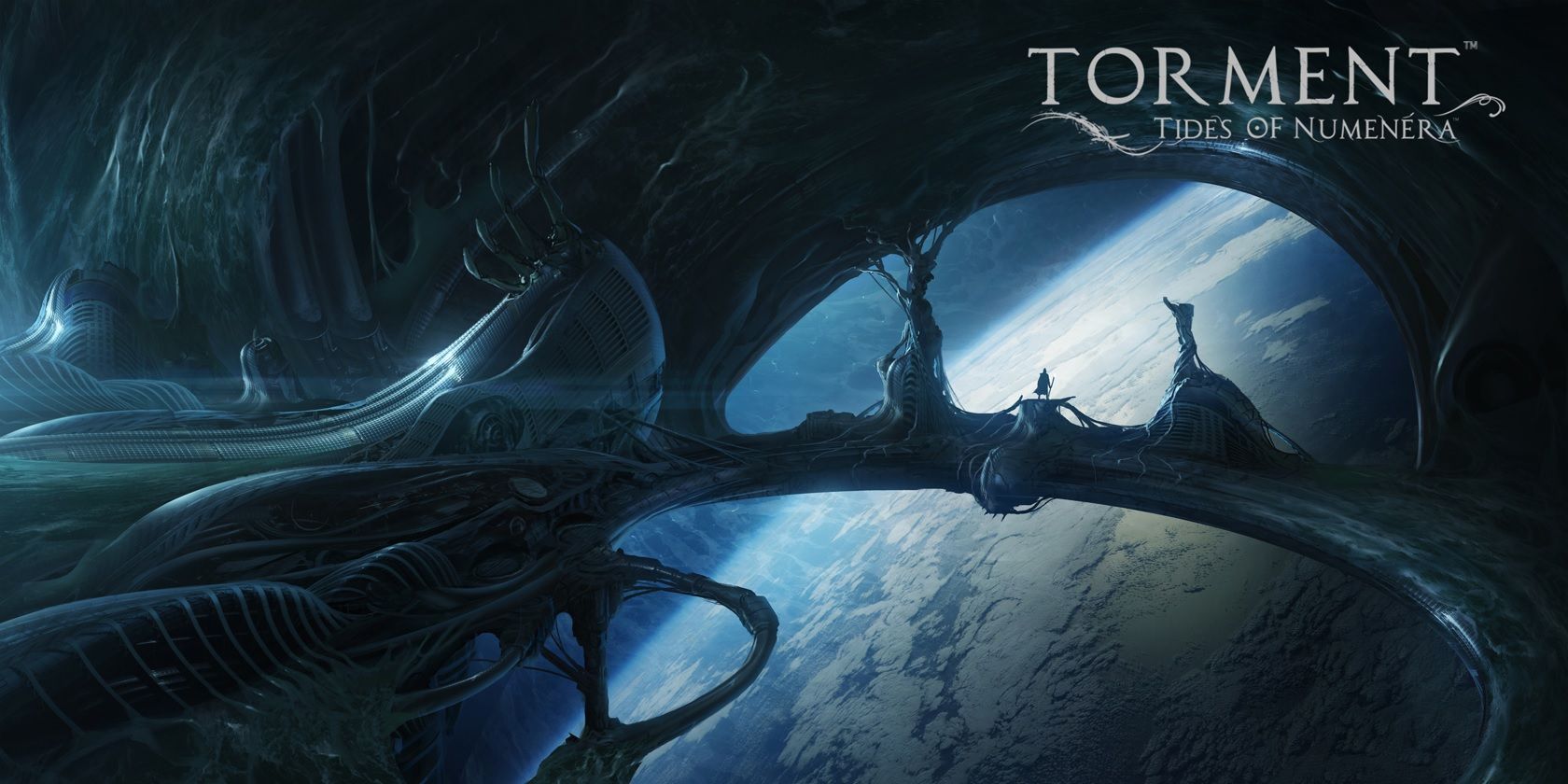The history of Computer RPGs is as long as the history of video games themselves, evolving, and growing together over the years. And just as CRPGs evolved, improving graphics, adding, or dropping gameplay mechanics, so did the meaning and terminology used to describe them.
The acronym CRPG, which had traditionally stood for Computer Role Playing Game, expanded its meaning over time to include RPGs for different platforms. Now, it has adopted a new meaning. Though its new meaning is not wholly different from its original one, it now describes a specific RPG sub-genre.
The History of CRPGs
The history of CRPGs began in the 1970s with the release of the earliest video game adaptation of the tabletop RPG Dungeons & Dragons, Dungeon. The game was originally available on the Atari (you can play it via Plex Arcade, a game streaming service on Plex).
Although Dungeon's gameplay was mainly text-based, it fully described the movements of your multi-character party in a fantasy setting while implementing most of the basic tenets of Dungeons & Dragons.
Back then, we labeled them Computer RPGs to set them apart from their tabletop counterparts, which were far more popular at the time, and we simply knew them as RPGs.
By the 1990s CRPGs where in full bloom, now able to display a fantasy world in full, at least in a top-down perspective, or isometric view. Such was the case for Ultima VII, one of the most interactive CRPGs this writer has played.
Almost everything you can see you can move, or interact with: You can craft weapons, play instruments, and even carry your dead party-member out of a dungeon all the way to the king's throne room to have them resurrected!
Baldur's Gate was one of those that most closely emulated the tabletop RPG experience. It adapted the Dungeons & Dragons 2nd Edition's rules set (AKA Advanced Dungeons & Dragons) into an isometric real-time pausable CRPG. These kinds of CRPGs emphasized tactics in battle, character progression, decision-making, and encouraged exploration.
Today, in a world where consoles dominate the market, role playing video games have become more popular than table-top RPGs. To the extent that in modern-day use, the acronym RPG refers more to its video game version. You would call Dungeon's & Dragons a table-top RPG, rather than just an RPG.
With the evolution of graphics, CRPGs gameplay mechanics adapted to modern graphics standards. CRPGs series like The Elder Scrolls, Gothic, or The Witcher revolutionized the genre, introducing some new gameplay mechanics while dropping others.
These RPGs are more action-orientated and fast-paced, placing themselves somewhat, though not completely, within the hack and slash subgenre (these are still solid RPGs though!)
A New Wave of CRPGs
Yet, going against the trend in today's video game industry of going for graphic realism, came a fresh wave of CRPGs. Old-school, or Classic, RPGs heavily influence these games and they make an emphasis on gameplay mechanics and immersion, rather than visuals.
They are generally isometric games, with either real-time pausable, or turn-based tactical battles. These CRPGs also do their best to be as immersive as possible, providing you with somewhat large blocks of well-crafted prose and a solid back-story.
Most of them rely on text rather than voice acting for most of the dialogues, much like old school CRPGs. Some of these CRPGs include Pillars of Eternity, Divinity: Original Sin, or Pathfinder: Kingmaker.
These games also emphasize battle-tactics, character progression, decision-making, and encourage exploration, just like old-school CRPGs did. For these reasons, we consider them as more closely related to Classic RPGs than to most modern RPGs.
What CRPG Means in 2021
Since the 2000s, RPG had become the standard term when referring to any role playing video game. But around 2015, they released Divinity: Original Sin and Pillars of Eternity.
These RPGs were a departure from modern RPGs' action-orientated take, while being very similar to older titles in both aesthetics and gameplay mechanics. It was around this time that the need arose for a new term to set these RPGs apart from modern RPGs.
Although people have thrown the terms "old school" and "Classic RPG" around online for years to describe these games, the latter is the one that stuck. Just as modern role playing video games claimed the acronym RPG for themselves, people are calling old school RPGs "CRPGs" now.




